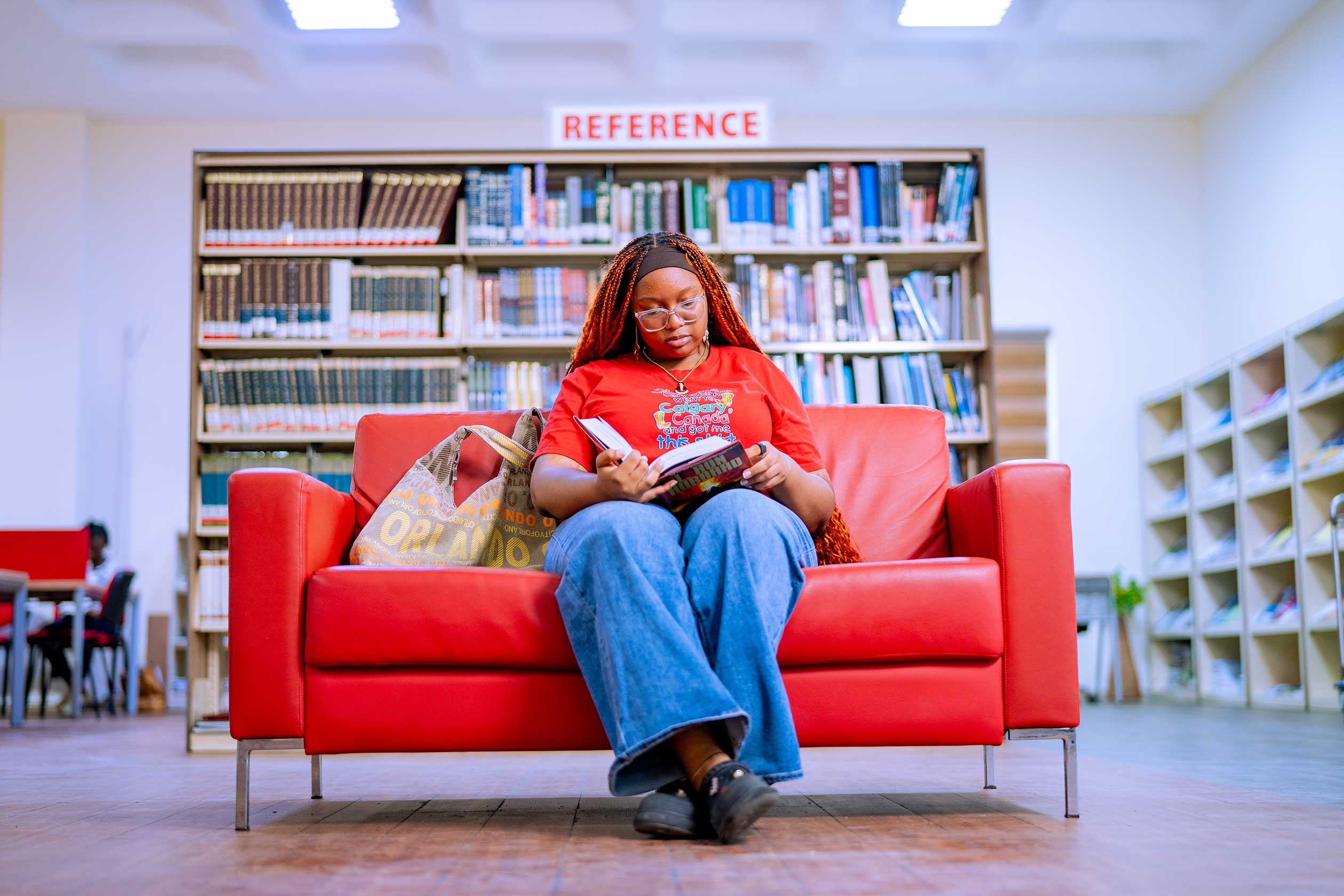Welcome to Nile University Institutional Repository
Explore a wide range of research materials including journal articles, conference papers, practice research, videos, audio recordings, art works, exhibitions, books, book chapters, doctoral theses, and datasets.
- Access full-text materials where permitted.
- Find complete citation details when restrictions apply.
- Contribute to and benefit from the academic community's shared knowledge.

Communities in NUN
Select a community to browse its collections.